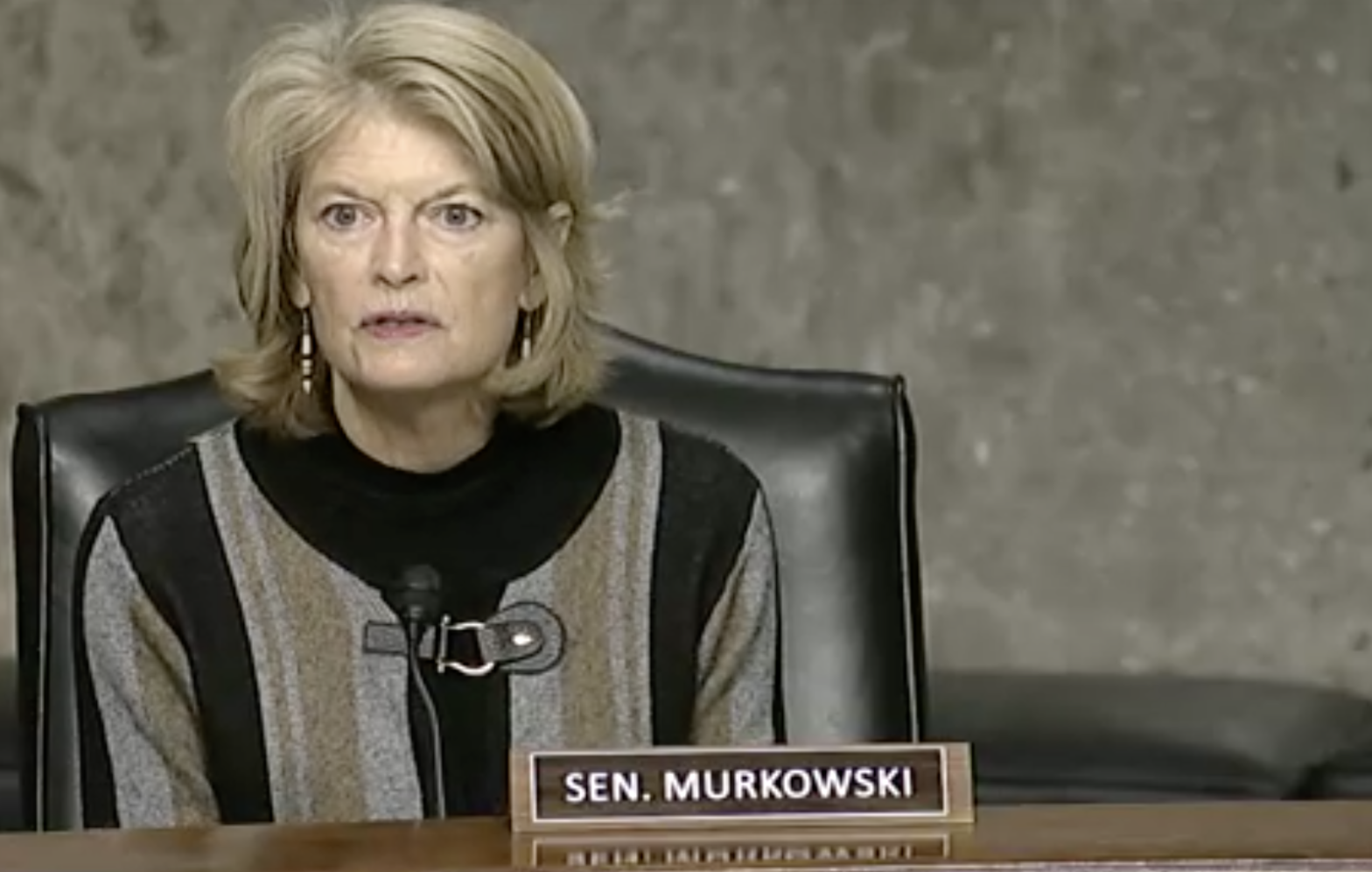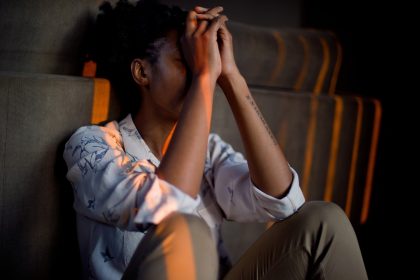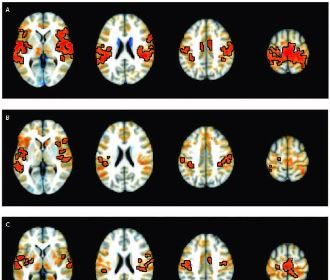Momentum Builds for Federal Package to Address Growing Mental Health Crisis in Children

WASHINGTON — Claire Rhyneer, a mental health youth advocate from Anchorage, Alaska, was a student in middle school when she began to experience a difficult and dark period of depression and self-harm.
“I’m more than an anecdote … I need more than one hand to count the number of close friends who have experienced suicidal ideation. Those of us who know suicide and mental [crisis] are preventable are watching the leaders of this country, and waiting for you to do something,” said Rhyneer, during a U.S. Senate Committee on Health, Education, Labor and Pensions hearing Tuesday.
In the first three quarters of 2021, there was a 42% increase in self-injury and suicide cases compared to the same period in 2019, according to data from the Children’s Hospitals.
There have also been increases in reports from school principals across the country who are finding that students are experiencing greater apathy, hopelessness and thoughts of death.
“We are seeing more and more young kids. I mean it used to be when we were talking about suicide statics, we were talking about that 25–45-year age bracket. And now, the alarm we’re seeing is in 10, 11, 12-year-olds who are suffering, and we have an obligation to hear and to respond,” said Sen. Lisa Murkowski, R-Alaska, during the hearing.
According to Murkowski, more than 80% of communities in Alaska do not have access to sufficient mental health providers.
In a list of requests to the Senate Committee, Rhyneer asked for a mental health curriculum to be developed and offered alongside other health courses in schools to prevent students from going into crisis.
“Mental health was never discussed at school, at home, or even in my health classes beyond the, ‘take care of yourself, get sleep, eat well and exercise,’ spiel. I didn’t seek help, because I didn’t know anything was wrong,” said Rhyneer.
Murkowski and Sen. Jacky Rosen, D-Nev., will soon introduce a separate Youth Mental Health and Suicide Prevention Act to ensure that the HHS Substance Abuse and Mental Health Services Administration can provide additional mental health programming to elementary, middle and high school students.
Last year, the House Bipartisan Addiction and Mental Health Task Force developed a separate legislative package of 66 bills focused on strengthening addiction and mental health services, and a separate hearing was held this Wednesday by the House Ways and Means Committee to discuss taking action.
Murkowski also has introduced three other bills, one bill which aims to authorize a loan repayment plan for mental health providers, and a bill which would ensure insurance companies cover the price of critical mental health services. The third bill would provide resources for emergency room personnel to identify, asses and treat individuals at risk of suicides.
“Unfortunately, we know that’s where far too many who are seeking help end up, sitting in an emergency room where you don’t necessarily have those who are trained to identify and assess,” said Murkowski.
“My hope is — is that we build out a package focused on mental health, and we really key in on the workforce issues, because I think we really recognize that in all of our states we are sorely, sorely, lacking,” continued Murkowski.
Sen. Patty Murray, D-Wash., chairwoman of the Senate Health, Education, Labor, and Pensions Committee, responded to Murkowski, saying she looks forward to working on building out a legislative package focused on mental health improvements, especially when it comes to strengthening the nation’s workforce.
“Our mental health and substance abuse workforce is stretched too thin… if we keep stretching without action, something will break,” said Murray.
Alexa can be reached at [email protected]






















